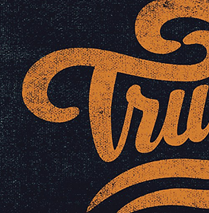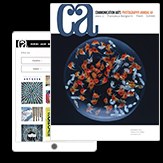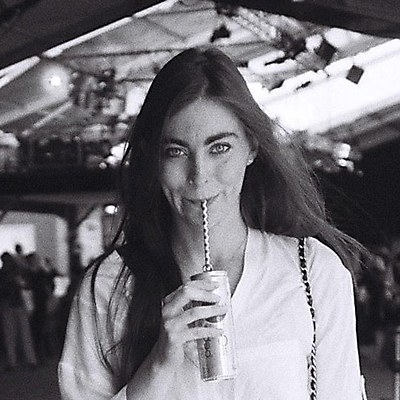Last October, I launched Strange Alchemy (strangealchemy1.substack.com), my newsletter on creativity. Every week, we go deep into the weird and sometimes inexplicable nature of creativity: What it looks like. What it feels like. And where it comes from. Since then, one of the most popular posts I’ve ever done was on director Jordan Peele, who, in my mind, is one of the most creative talents in Hollywood.
A word of caution: If you haven’t seen Jordan’s most recent movie Nope, run away right now because we are going to be talking major league spoilers here. You’ve been warned.
One of the things I love about how Jordan approached Nope is his willingness to ask questions. Specifically, the unanticipated questions. The kind that most of us, as creatives, might not always think—or want—to ask.
Needless to say, the UFO in the film plays a starring role, just as UFOs have in every alien invasion movie ever shot from It Came From Outer Space and War Of The Worlds to Arrival and Independence Day.
In all that time, the rides the invaders came in on from the vastness of interstellar space were, for all intents and purposes, the same. Some were unimaginably enormous leviathans. Some were no bigger than a breadbox. Regardless, every single one of them was a ship of some kind or another. And then, out of nowhere, kapowee. Jordan Peele asked the question, the one that nobody could have seen coming.
What if the UFO were the alien itself?
Mind blown. When has that ever happened? Transformers was kind of in the ballpark, but there’s a big difference between a Camaro turning into a giant yellow robot and a new species of life that just happens to look like an alien spacecraft.
In asking that one deceptively simple question, Peele challenged the assumption that aliens are malevolent, that they do not come in peace and that their only intent is annihilating us all. Not surprisingly, that one brutally creative question begat more questions: What if the alien had no intent of any kind? What if it were simply an animal, unaware of the harm it does?
What Peele’s question was really exploring was our inability to comprehend the alien and the alien’s inability to comprehend us, a theme not unlike that of Arrival.
Enter Kelsi Rutledge, a scientific consultant for the film and a PhD candidate at UCLA. Her discovery of a new fish species attracted the attention of John Dabiri, an engineering professor at Caltech and whom Peele had already hired to consult on the physics of his fictional alien to understand how fast it could fly and how rain would move around the animal, among other things. When Peele mentioned he was also looking for a biologist who understood how animals behaved, Dabiri recommended Rutledge.
“Jordan had a vision already, inspired by some animals, but he wanted to talk to a scientist to make it plausible and real. He wanted an animal that mesmerized its prey like a cuttlefish,” Rutledge says. “One way he wanted to display this mesmerization was designing the movie’s creature with a square eyeball, which was totally plausible since the octopus has a square pupil, so it wasn’t out of the realm.”
What if the UFO were the alien itself?
Socrates would have approved. Few human beings in all the timeline of human history recognized the connection between asking questions and creativity. And that’s great. But drill down deeper and what you discover is what I think of as The Unexpected Question. The one that comes seemingly out of nowhere. The one that leads to the biggest ideas almost every single time, the ideas no one sees coming.
Peele could have asked: “What if an alien ship was discovered beneath Antarctica?” Or “What if a UFO abducted the entire crew of an oil rig in the North Sea?” Or “What if a fleet of tiny alien spaceships helped a bunch of old people from being evicted from their apartment building?”
There could have been hundreds of questions like that. Some of them might have made for a good movie. But in every single one of them, the unwritten assumption would be that the spaceships were machines. Not once would one of those questions have asked what might happen if the spaceship was a lifeform from beyond the stars.
Former creativity coach Tom Monahan puts it this way: “People tend to ask the obvious questions, the kind where they already know the answer. Most of the time, it’s so they can look bright. Even if they don’t know the answer, they tend to look at areas that are somewhat similar. They’re playing it safe. The better question is one where you really don’t know the answer. Many people simply can’t ask those.”
Questions matter. But the unexpected question is gold. ca












